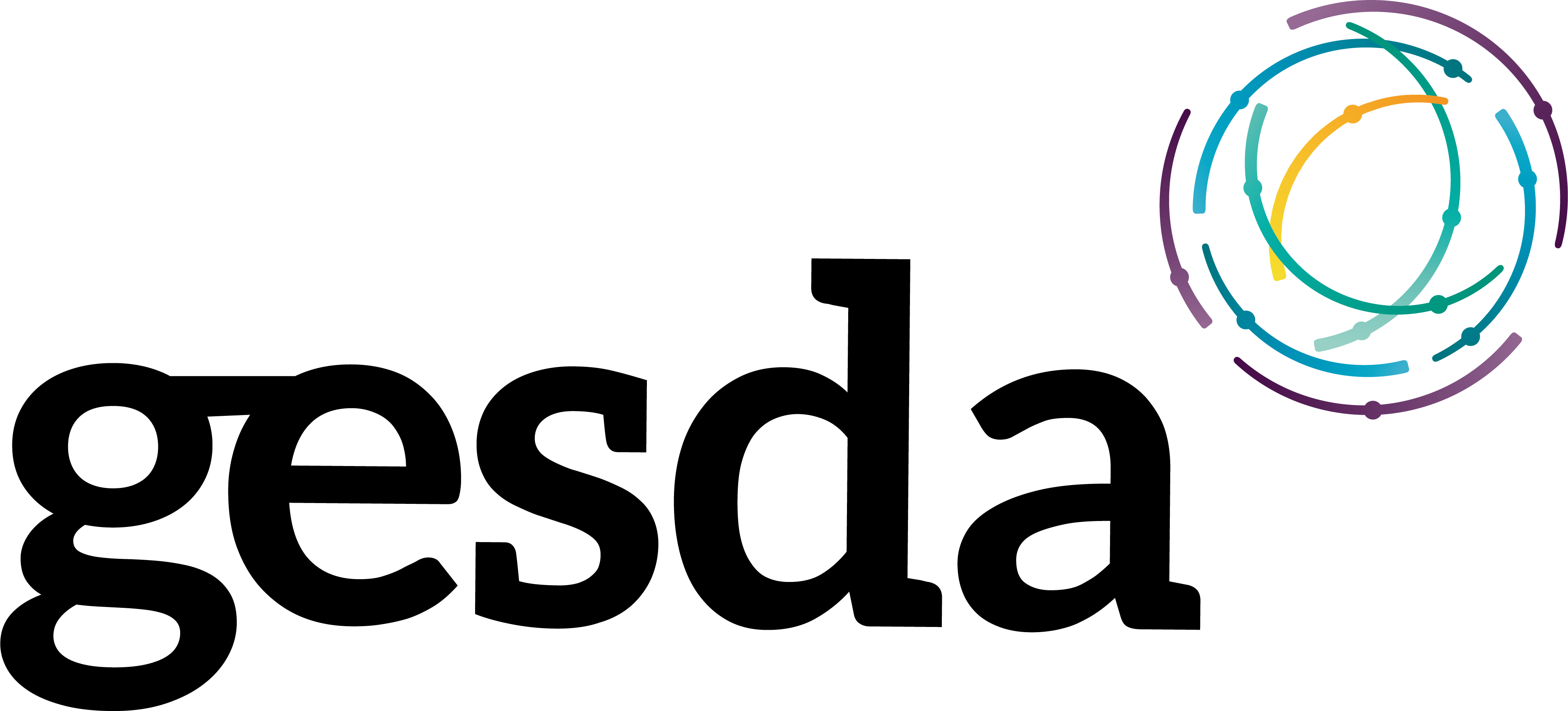Introduction:
Decisions concerning the development and use of powerful emerging technologies should be adopted within a human rights framework, and with a holistic and inclusive view. Using a human rights framework brings to the fore principles of transparency, accountability, non-discrimination, and an overarching concern for safeguarding human dignity. Adopting a human rights framework is a further invitation for collective reflection beyond merely managing risks, culminating in the potential to responsibly realize the opportunities that scientific and technological development present. Of particular relevance in this context is the human right to “enjoy the benefits of scientific progress and its applications” (called henceforth the Human Right to Science (HRS)). The right has its origins in Article 27 of the 1948 Universal Declaration of Human Rights and in Article 15 of the 1966 International Covenant on Economic, Social and Cultural Rights. The existence of this right is important for both scientists and society. Yet, despite its potential for furthering science and human rights causes, the HRS had been hitherto largely neglected until UNESCO’s 2009 Venice Statement on the Right to Enjoy the Benefits of Scientific Progress and its Applications. Now awoken, this former “sleeping beauty” of human rights nevertheless continues to raise more questions about its content, application, enforcement, institutional logic, and relationship to other human rights.
This expert workshop consists of four parts:
- The HRS and the Anticipation of the Risks and Benefits of Science
- The HRS in the Health Context
- The HRS and the Child’s Right to Health
- General discussion regarding the workshop’s findings.
Organizers
- Samantha Besson (Collège de France, Paris & University of Fribourg)
- Bartha Maria Knoppers (McGill University)
- Jean-Dominique Vassalli (University of Geneva)
- Michael Beauvais (University of Toronto)
- Gérard Escher (GESDA)

